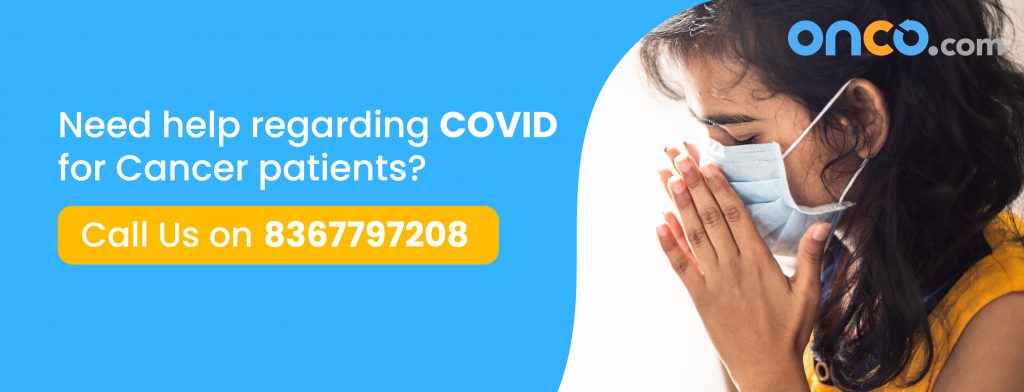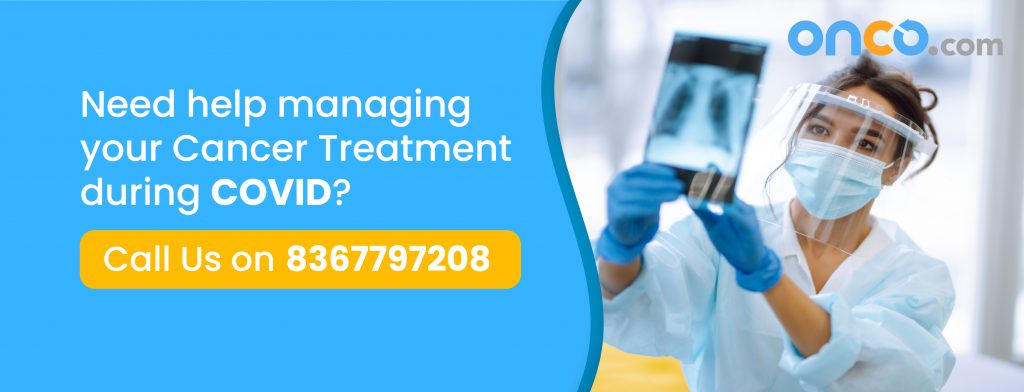Onco.com’s expert panel of oncologists have answered top queries from cancer patients across the world. These FAQs will help you understand how you, as a cancer patient, can prevent infections and continue your cancer treatment during this pandemic.
-
How can I continue my cancer treatment during a lockdown?
Answer: Your treating oncologist will be able to confirm to you how you can continue your cancer treatment during a lockdown. Here are some ways in which cancer patients are continuing their treatment when they have limited or no access to hospitals:
- Your oncologist can confirm if it is possible to substitute IV chemotherapy with oral chemotherapy. This means you can take the drugs in the form of tablets at home.
- You can continue to consult your oncologist from the safety of your home through video calls.
- Certain labs can collect samples from your home, if you need to get certain tests done.
- If a certain part of your treatment is not a priority, then your oncologist might advise you to postpone it for the time being.
Before deciding on the course of your treatment during the COVID-19 pandemic, your doctor will weigh the benefits of the treatment versus the risks from possible exposure to the virus. An important consideration will be your present immunity level or the possible effect certain medical procedures might have on your immunity levels.
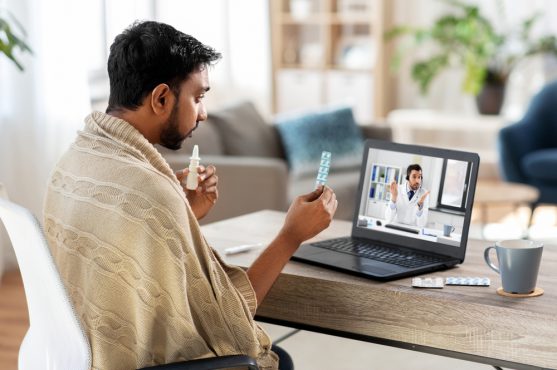
-
As a cancer patient, am I at high risk for COVID-19?
Answer: While anyone can get infected with COVID-19, those who have cancer are at a higher risk of developing serious illness or complications from it.
There are different strains of this virus. Some of them cause milder symptoms while others lead to more serious symptoms, affecting the respiratory system.
Having cancer and going through certain types of cancer treatments can weaken your immune system. Your immune system is responsible for fighting infections. With a weak immune system, your ability to fight infections is reduced.
Generally, those who have blood-related cancers may have a weaker immune system than those who have solid tumours.
Other factors that can affect how well you cope with COVID-19 include your type and stage of cancer, the types of treatments you have been through, your age and your overall health.
Cancer survivors who have recovered their immunity after treatment might not be at higher risk of infections. However, everyone needs to be cautious and practice all preventive measures to avoid the virus.
-
What happens if I get infected with COVID-19 during my cancer treatment?
Answer: The important thing here is to stay calm and not panic.
COVID-19 is generally treated in the same way in cancer patients as in non-cancer patients.
If you have the symptoms of COVID-19, get a test to confirm that it is a case of coronavirus and not something else.
Let’s look at a few others things you should do:
- Isolate yourself to avoid spreading the virus to others.
- Inform your treating oncologist that you have tested positive for COVID-19. Let them advise you of how this will affect your cancer treatment and what you should do about it.
- Inform any doctor who treats you for COVID-19 about your cancer diagnosis and of the medications you are on.
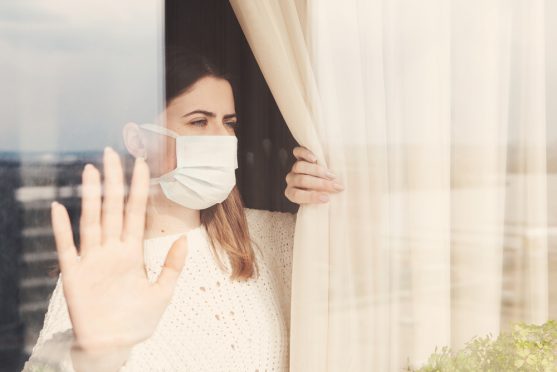
While it is true that cancer patients tend to develop serious illness from COVDI-19 due to their weaker immune system, there are several cases where cancer patients have successfully recovered from COVID-19.
Avoid negative thoughts and focus on following the instructions of your doctor.
-
How can cancer patients practise self-isolation?
Answer: Cancer patients who have COVID-19 can isolate themselves to prevent the spread of infection to the others around them.
- If possible, stay in a separate room, with a toilet exclusively for your use.
- If that is not possible, then keep a distance of 2 meters from the others in your home. Wear your masks at all times.
- Ensure that your room is well-ventilated. Cross ventilation is strongly recommended. This ensures the flow of air from one window and out of another window in the same room.
- Use of air conditioning systems that circulate the same air within the room is not recommended. Fan coil units, and split AC units are examples of such systems and should be avoided.
- Your family and friends can help you with foods, medicines and encouragement while you continue to practice isolation.
- Ensure they check on you often so that they are aware of any change in your condition.
- Share a list of emergency medical contacts with your family, so that they are prepared at a time of need.
-
Is it safe to visit hospitals for cancer treatment at this time?
Answer: Most hospitals are taking all possible precautions to ensure a safe environment for all patients. However, considering the pressures of managing treatments during a COVID pandemic, the healthcare sector has been stretched to its very limits.
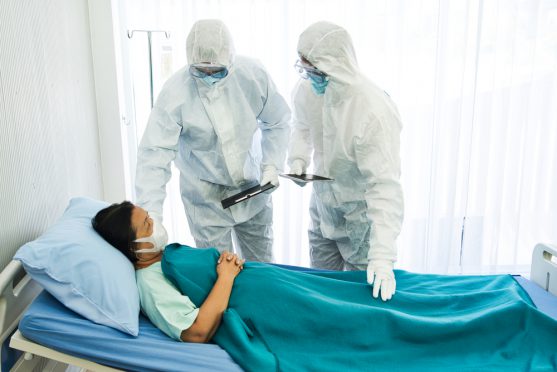
It is advisable to avoid visiting hospitals at this time, unless it’s absolutely necessary. Check with your treating team over the phone before you visit the hospital. They will be able to advise you if there is any way to avoid the hospital visit.
There might still be times in your treatment when it becomes necessary to visit a hospital. At such times, here are some precautions you can follow to minimise your exposure to viruses.
- Avoid using public transport to get to the hospital. Ask a friend or family member to drive you to the hospital.
- Practise social distancing at all times.
- Practise double masking (wear two masks) & face shield (if you can tolerate).
- Keep your hands joined together so that they do not touch any surface unknowingly.
- Carry a sanitizer and frequently clean your hands, especially after coming in contact with any surface.
- Avoid touching your face (eyes, nose, mouth etc) with your hands.
Ensure you spend very limited time at the hospital by planning your visit carefully.
-
Can I delay cancer treatment till the COVID-19 situation improves?
Answer: Cancer is a time sensitive disease. It progresses with time. In a matter of weeks or months, it can move from an early stage to an advanced stage, making curative treatment more difficult.
The earlier you start on cancer treatment, the better your chances of recovery. So delaying your treatment, without consulting an oncologist, is not a good option for anyone.
If you have already started cancer treatments like chemotherapy or radiation, you will need to complete them. There is a specific gap between each session of these treatments and it cannot be delayed indefinitely without consequences.
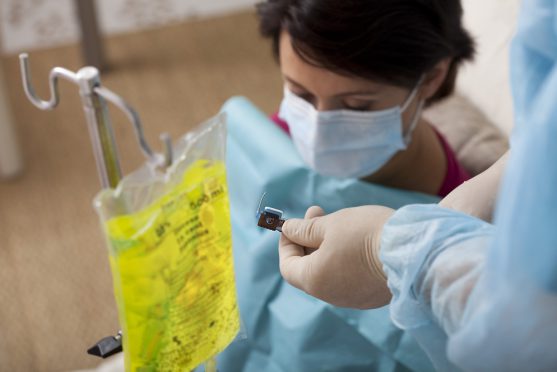
However, in some cases, your oncologist might agree that you can delay your treatment for some time. This does not happen very often. In the case of certain slow growing cancers, your doctor may want to wait and watch before deciding on the next course of action. Sometimes, it may be possible to delay certain post-treatment tests by a couple of weeks.
Only your oncologist will be able to confirm if you can delay the next course of action, and by how much.
If you have already completed your cancer treatment, and are looking to visit the hospital for follow-up visits, you can speak to your doctor about postponing those till the COVID-19 situation improves.
When in doubt, arrange for a phone call or a video call with your treating team. You can still receive their advice from the safety of your home.
-
How long will it take for my body to regain immunity after cancer treatment?
Answer: Generally, it takes 3-4 weeks for your natural immunity to start to improve after chemotherapy. Complete recovery might take a few months to a year. However, this does differ from person to person.
These are some factors that affect how long it takes for your immunity to recover:
- Your type and stage of cancer: Cancers that affect certain organs like blood and bone marrow tend to have a deeper impact on immunity when compared to solid tumours.
- The specific medication you are on: Not all cancer drugs have the same impact on immunity. Taking more medications or a combination of drugs can affect your immunity more than a single medicine. The dosage also matters.
- How long your cancer treatment takes: Longer treatments tend to affect your immunity more than shorter ones.
- Comorbidities: If you suffer from other conditions related to the heart or lungs, these might also play a role in your recovery.
- Your age and overall health: Older persons may take longer to recover. Those who were otherwise healthy before cancer might recover faster.
Your doctor can run some tests to check your immunity level for you, if required.
-
What can I do to improve my body’s immunity?
Answer: There are a few things that cancer patients can do to improve their immunity:
- Maintaining a nutritious diet, rich in vitamins and antioxidants can help boost your immune system. Ensure the diet is balanced with adequate amounts of proteins, carbohydrates and fats.
- Ask your doctor which dietary or vitamin supplements are best for you.
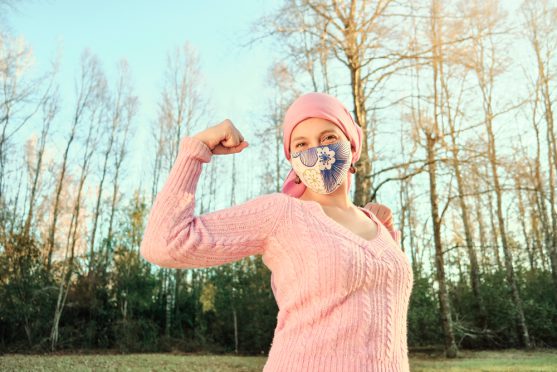
If you notice any symptoms of COVID-19, get yourself tested at the earliest. If you are positive, you can start your treatment early by contacting a doctor via a phone or video call. Avoid waiting till the sickness gets worse.
-
How can I reduce my anxiety at this time?
Answer: Here are a few tips that can make cancer patients’ quality of life a lot better during such a time.
- First and foremost, keep your treating team updated, especially if you develop any symptoms like fever, cough, shortness of breath.
- Cross-check your scheduled appointments before visiting the hospital to avoid any unnecessary travel.
- Limit watching all the news related to COVID19, to reduce unnecessary stress. Focus on what you can do, rather than what you can’t control. See positive things and be positive.
- It is good to stay informed, but ensure that your information comes from verified sources.
- Build a new routine to avoid boredom, add activities based on your interests.
- Make use of video calling facilities to connect with your dear and near ones. It is, in fact, a good time to catch up with those who were otherwise busy with their lives. This could really be a blessing in disguise.
- Practice a mindset of gratitude. Count all your blessings and start journaling about what you are doing, your feelings and emotions, etc. It can help you deconstruct all that bothers you and understand the pattern of your anxiety, core beliefs, and your feelings.
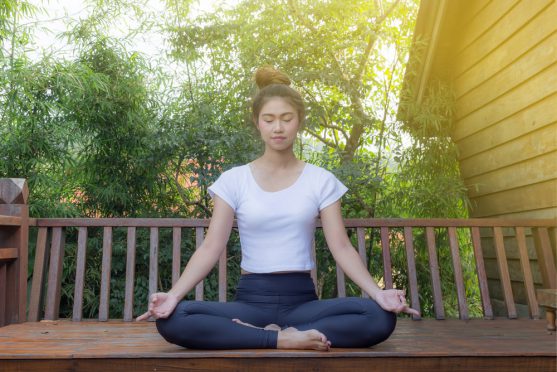
- Start on deep breathing exercises and meditation, if you aren’t already doing them. It need not be anything complicated. Simply close your eyes and inhale for a count of five and exhale for a count of five. Continue this pattern at least for a few minutes and you will feel the difference.
- With low interaction with others or boredom, people tend to eat more than required. Practice mindful eating. Start with a small portion and bring all your senses to the meal. Take small bites and chew thoroughly. Eat slowly and try to enjoy the taste of the food.
- Take enough rest, eat healthily, keep a good track of your medication, sleep well and exercise if possible.
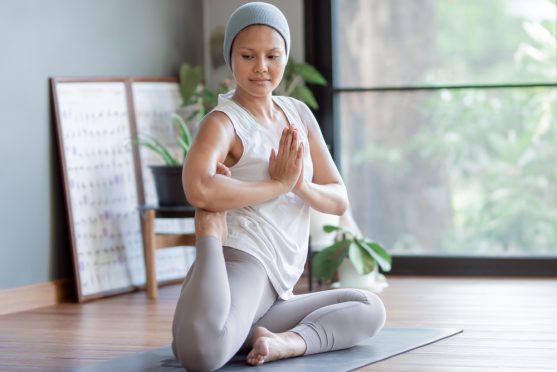
- Finally, seek help if need be. If you notice a change in your sleeping pattern, or have difficulty concentrating, constantly worry or have increased your use of alcohol or tobacco during the crisis time.
